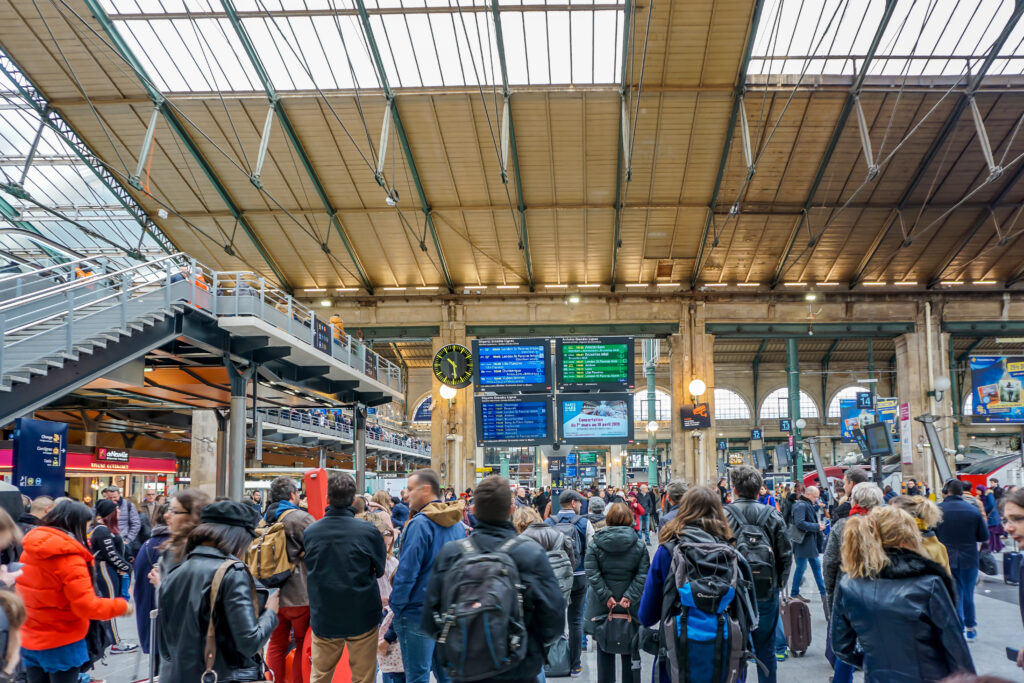UK companies are losing more than £1.6 billion a year as business travel disruptions pile up, according to a new report from TravelPerk.
The travel management platform found that almost nine in ten British professionals (89%) had a business trip derailed in the past 12 months, with weather-related events and cancellations driving up costs and stress levels for employers and staff alike.
The analysis, based on surveys of 2,000 UK business travellers and 5,000 globally, highlights how disruption is worsening. Weather problems caused issues for 42% of UK travellers this year — double the 2023 figure — while almost half (48%) saw trips cancelled, up from 30% two years ago.
On average, workers had to abandon or postpone two business trips in the past year. For those affected, the costs quickly add up: £383 on unplanned hotels, £263 on local transport, £279 on meals, and £358 in overtime. Rebooking pushed expenses higher still, costing companies an average of 28% more per trip — often beyond the scope of insurance cover.
The financial impact is only part of the picture. Nearly a quarter (24%) of UK travellers said disruptions cost them a sales or business opportunity, rising to 29% among C-suite executives.
Disruptions stretched trips by an average of four hours, and more than 70% of UK business travellers said their stress levels increased as a result. For many, the ripple effect reached home: 48% had to cancel or change personal plans, 33% missed family commitments, and 19% incurred additional childcare costs.
“Travel is not just a line item in the P&L, it is an investment in a company’s future,” said Roy Hefer, CFO at TravelPerk. “A delay or cancellation doesn’t have to derail an entire trip. Businesses that plan for disruption with flexible fares, cancellation cover and buffer time are far better placed to protect productivity.”
The introduction of new EU visa requirements for UK nationals in 2025 has created another hurdle. Fourteen per cent of British business travellers reported visa or passport issues such as delayed processing or denied entry, up from just 7% in 2023.
To limit the fallout, UK businesses are tightening travel policies and leaning more on technology. Half of travellers now book flexible fares, more than a third add buffer time, and nearly half monitor travel updates more closely.
Apps and automation are playing a growing role — but human support remains vital. While 34% said they were comfortable using self-service tools, 36% still preferred dealing with a customer service agent directly during disruption.
Kamil Jagodzinski, TravelPerk’s VP of Customer Care, said: “Technology without great customer care is not enough. Our dedicated disruptions team combines expertise from weather forecasting to operations, and last year alone handled over 340 incidents — from airport blackouts to strikes — to keep travellers moving.”


